Contributed by Jérémy Derussé in #43066.
Security Voters are the recommended way to check for permissions in Symfony applications. They allow to centralize the permission logic so you can reuse it from controllers, templates and services. During runtime, whenever Symfony finds a isGranted() method call, it iterates over all the voters, and stops when the configured access decision strategy is met. This works well in most applications, but it hurts performance in some scenarios. Consider a backend that displays a listing of 20 entities, each of them showing 6 properties and 3 actions (e.g. edit, show, delete). If you want to check permissions for accessing those properties and running those actions, you are calling each voter 20 x (6 + 3) = 180 times. If you have 5 voters, that's 900 calls. Most of the times voters only care about a certain permission/attribute (e.g. EDIT_BLOG_POST or APPROVE_EXTRA_DISCOUNT) or a certain object type (e.g. User or Invoice). That makes voters cacheable and that's why we're introducing the following CacheableVoterInterface in Symfony 5.4:
12 3 4 5 6 7 8 9 namespace Symfony\Component\Security\Core\Authorization\Voter;
interface CacheableVoterInterface extends VoterInterface { public function supportsAttribute(string $attribute): bool;
// $subjectType is the value returned by `get_class($subject)` or `get_debug_type($subject)`
public function supportsType(string $subjectType): bool;}
If your voter returns false in any (or all) of those methods, Symfony will cache that result and your voter won't be called for that attribute/permission and/or type. For example, if your voter supports several object types but all attribute/permission names follow the APROVE_* pattern, do this:
12 3 4 5 6 7 8 9 10 11 12 13 14 15 16 17 18 19 namespace App\Security;
use Symfony\Component\Security\Core\Authorization\Voter\CacheableVoterInterface; use Symfony\Component\Security\Core\Authorization\Voter\Voter;
class MyVoter extends Voter implements CacheableVoterInterface { public function supportsAttribute(string $attribute): bool { return str_startswith($attribute, 'APPROVE'); }
public function supportsType(string $subjectType): bool
{
return true;
}
// ...}
If your voter supports many different attributes/permissions on some specific type, use this:
12 3 4 5 6 7 8 9 10 11 12 13 14 15 16 17 18 19 20 namespace App\Security;
use App\Entity\BlogPost; use Symfony\Component\Security\Core\Authorization\Voter\CacheableVoterInterface; use Symfony\Component\Security\Core\Authorization\Voter\Voter;
class MyVoter extends Voter implements CacheableVoterInterface { public function supportsAttribute(string $attribute): bool { return true; }
public function supportsType(string $subjectType): bool
{
return BlogPost::class === $subjectType;
}
// ...}
Thanks to this change, in a real application that defines 40 voters and they are called 500 times via isGranted(), we measured a 40% performance improvement in the handling of security authorization. If you measure the improvement in your apps (e.g. using Blackfire.io) don't forget to share the results in the comments below.
Sponsor the Symfony project.http://feedproxy.google.com/~r/symfony/blog/~3/TmLUbYoFxsA/new-in-symfony-5-4-faster-security-voters
Jelentkezéshez jelentkezzen be
EGYÉB POSTS Ebben a csoportban
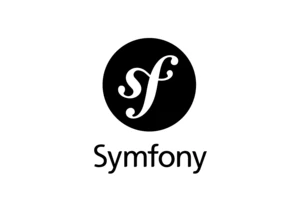
This week, Symfony unveiled the Symfony AI initiative, a set of components and bundles designed to bring powerful AI capabilities directly into your PHP applications. In addition, we published travel
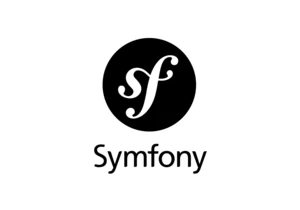
Today we are happy to announce a new Symfony initiative called Symfony AI - with the goal to provide a comprehensive set of components and bundles designed to bring powerful AI capabilities directly i
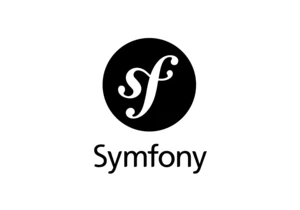
SymfonyCon Amsterdam 2025, our next annual international Symfony conference, will take place on:
November 25 & 26: 2 workshops days with several topics to learn, practice and improve your skills
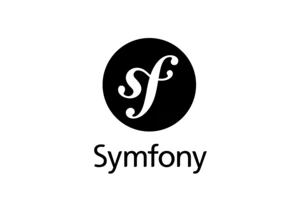
This week, development on the upcoming Symfony 8.0 version continued with the removal of deprecated features and the marking of several classes as final. In addition, we published two new case studies
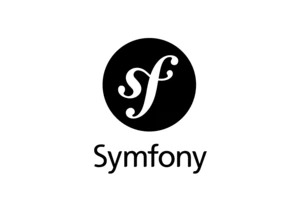
At Wide, Micropole’s digital agency, they help leading brands modernize their digital infrastructures while ensuring scalability, security, and performance. When Audi France approached them to migrate
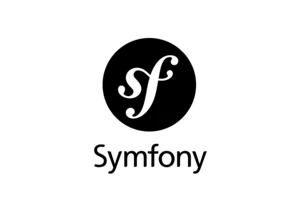
Vente-unique.com, a leading European online retailer of furniture and home decor, operates in 11 countries, powered by a team of 400 professionals and serving more than 3 million customers. From 15 ye
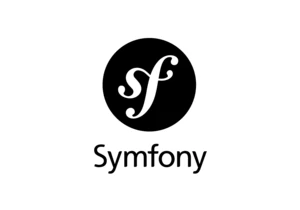
This week, Symfony 6.4.23, 7.2.8 and 7.3.1 maintenance versions were released. Meanwhile, the upcoming Symfony 7.4 version continued adding new features such as better controller helpers, more precisi
